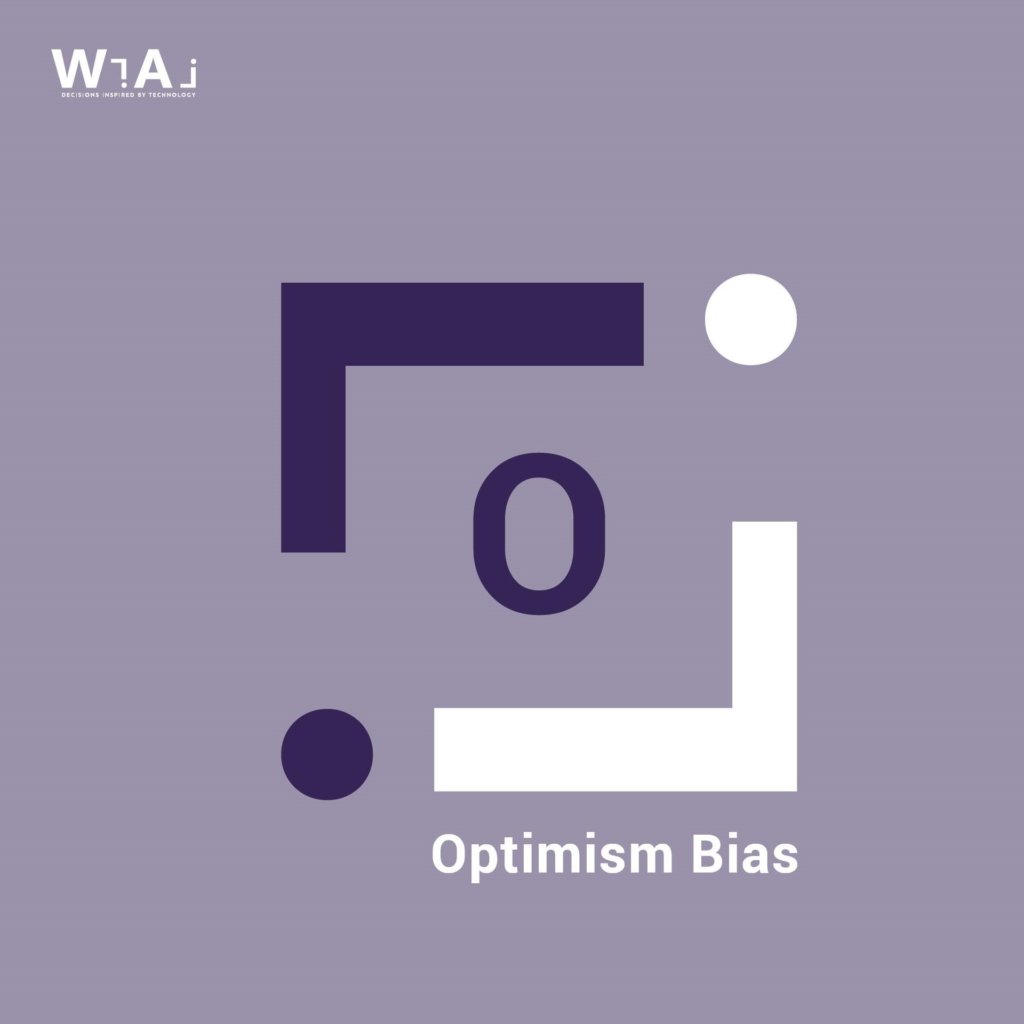Optimism Bias.
It sounds something we all could use, doesn’t it? Optimism sounds like such a positive force for good. What could possibly be wrong with “Optimism Bias”? And if you are a director or senior manager of a financial services provider, why wouldn’t you rejoice about having over-optimistic customers?
Partly it’s a matter of definition. Optimism Bias doesn’t mean that we have a “positive attitude to life”. Rather it is a mistaken belief that our chances of experiencing negative events are lower and our chances of experiencing positive events are higher than those of our peers. It’s the conviction that we are less likely to suffer from misfortune and more likely to attain success than reality would suggest. We will live longer, we are less likely to get divorced, we will be more successful in life than people who are statistically likely to have exactly the same outcomes as us.
Is that a good thing or not? Well, that depends on what we do with the belief.
Cognitive neuroscientist Professor Tali Sharot, author of The Optimism Bias: A Tour of the Irrationally Positive Brain, has concluded that optimism can motivate us to pursue our goals. After all, if we don’t believe that we can achieve success, why would we even bother trying? Optimists, she states, are also more likely to take measures to protect their health such as exercising, taking vitamins, and following a nutritious diet.
Yet for many, Optimism Bias can also lead to poor decision-making, which can sometimes have disastrous results. Over-optimistic people might skip their yearly physical, not add money to their emergency fund, or fail to put on sunscreen.
Optimism Bias is also tricky for financial services providers to navigate. When a customer confidently believes they needn’t worry about pensions because their future net worth will be so vast, what do you do?
Clearly you can’t say: “Sorry, you’ve greatly overestimated your chances of success”. You need another approach.
Fortunately you can use Wi-Ai tools to help your clients understand their susceptibility to certain biases, including Optimism Bias, and to take ownership of these.
To learn more, get in touch at [email protected]


